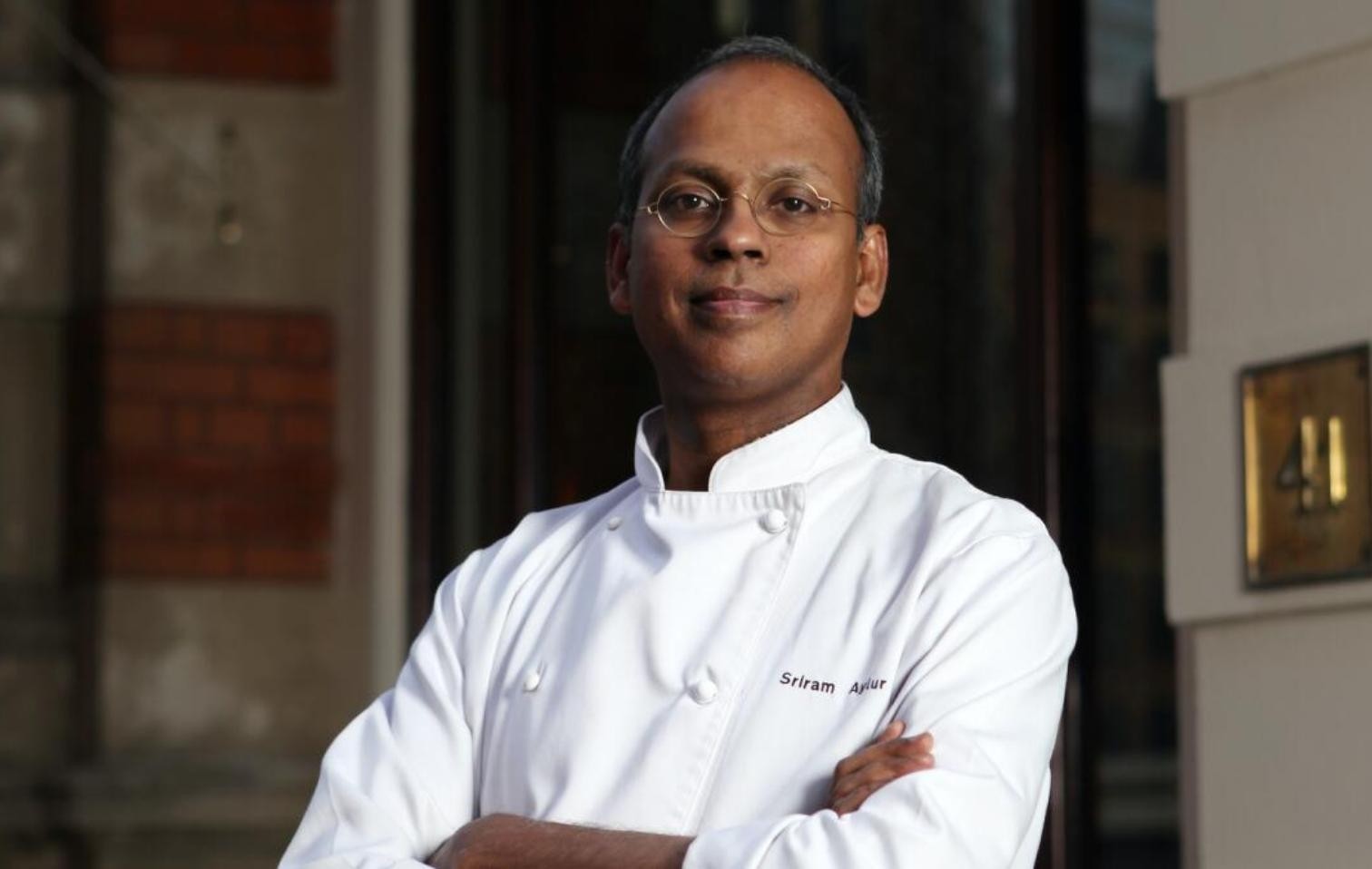You can get a Michelin star with the dishes and flavors of all time, centered through the best ingredients: that's the recipe for success for Sriram Aylur, who has put South India on the gourmet map.
The news
Haute cuisine continues to expand its reach and incorporate exotic traditions, the heritage of lands where in the European imagination hunger would reign. For example, southern India, which now has its first star chef: 54-year-old Sriram Aylur. Based in the United Kingdom, he will soon be active in Dubai, now a food paradise.
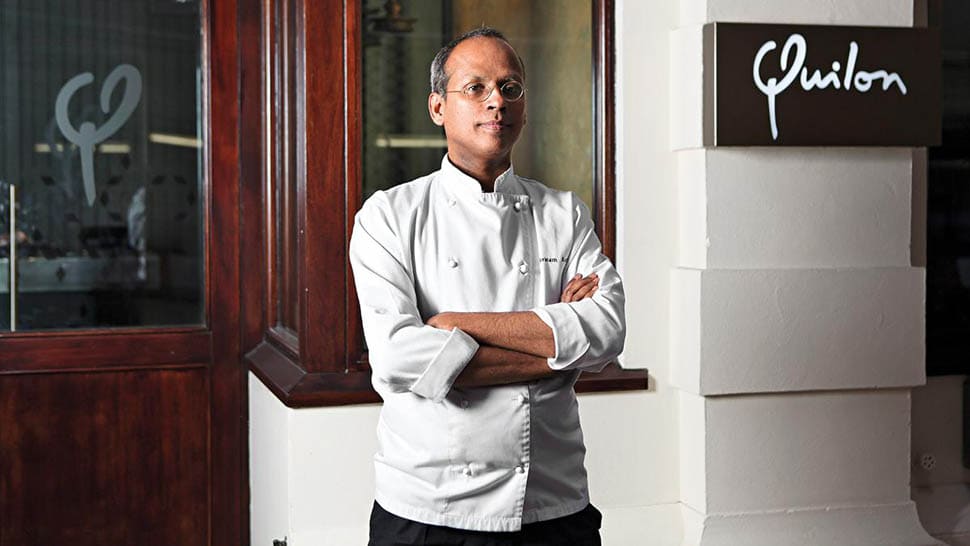
His restaurant Quilon in London, a market he calls competitive but open to anyone, was the first-ever starred affair gracing that area. But he divides his time between two other locations: the award-winning Karavalli in Bengalore and the renowned Bombay Brasserie, with two locations in London, where he is chef and director of operations, respectively. In addition to feeding the beautiful world, he has brought his childhood specialties to the tables of the World Economic Forum for ten years in a row.
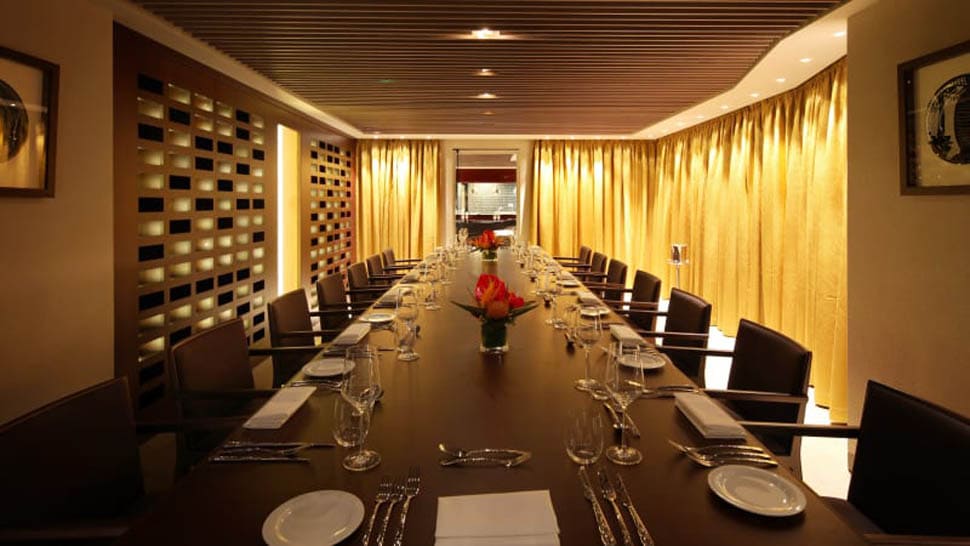
"I come from a family where cooking was fun. It's in my blood," he explains. His father did it for a living, while his mother dabbled at home. It's natural for him to make this his job: "For me, cooking is not just a job: it's a way of life". It means exporting knowledge that the rest of the world is almost unaware of. "In general in India, gastronomy changes every 100-150 miles. Even within a state like Kerala, there is a very high diversity."
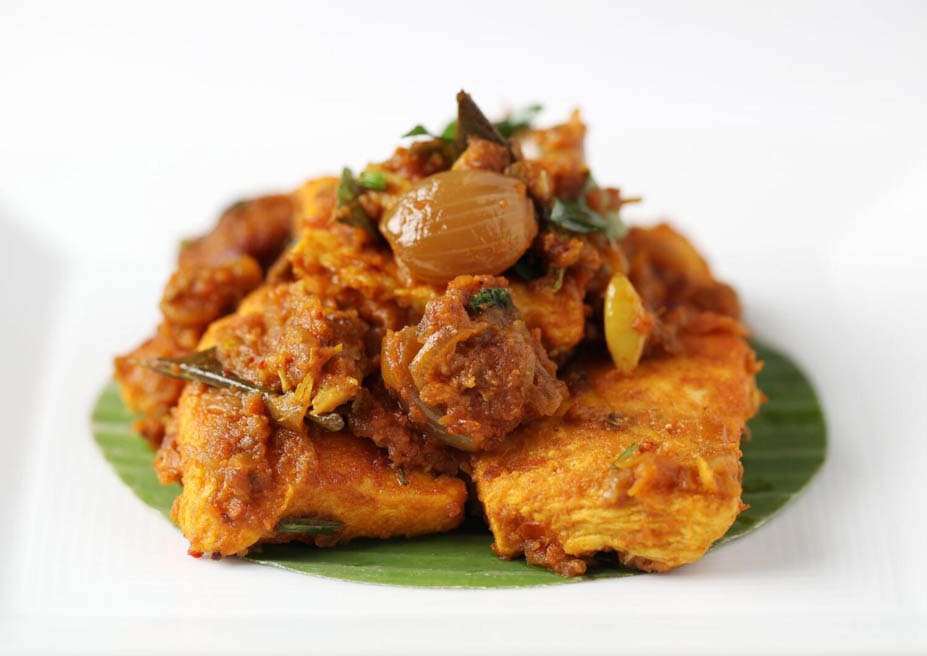
The pros of South Indian cuisine are, according to him, many: to start with, it is very varied and perfectly suited to the dietary preferences of our times. "Basically, it's all there," Sriram cuts short. Although perhaps the most identifying (but also the most difficult and underrated) ingredient is asafoetida. "It is as interesting as it is dangerous. A slight excess can ruin the dish." In general, the pantry cannot be without peppercorns (even used for an ice cream), mustard and curry leaf, whole or powdered. Finally, the comfort food of the heart is steamed rice with dal.
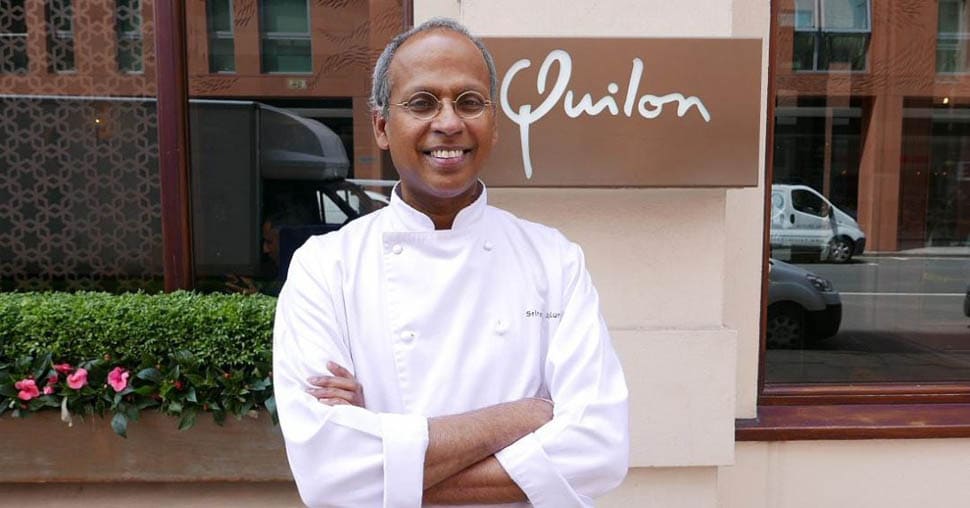
The secret is to have no secrets: it's about coming up with recipes from always and there, but with the best ingredients and without compromise. Thus it is possible to center the taste of the origins. "A local person who tastes my dishes should think, 'yes, they taste like home.' Let's consider taste, smell and texture, then move on to presentation, rather than the other way around. My goal is to enhance the ingredient, to create experiences that are both comforting and delicious." There’s not a lack of modernity, understood as the ability to dialogue with the present and its requests; but any innovation must be rooted in tradition and its ethos.
Photo courtesy of Quilon restaurant
Source: gulfnews.com
